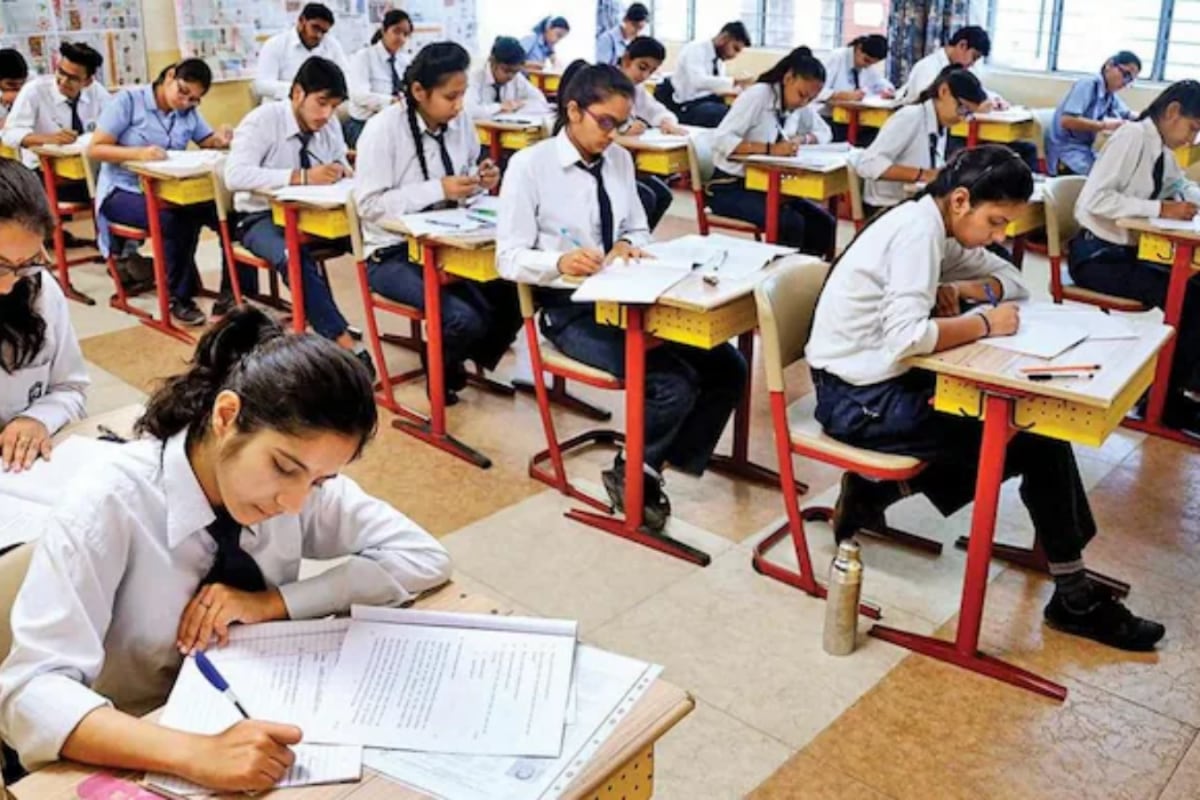

The Central Board of Secondary Education (CBSE) is set to introduce open-book assessments (OBA) for Class 9 students starting in the academic year 2026-27. This decision, approved by the CBSE Governing Body in June 2025, aims to promote competency-based learning and reduce the emphasis on rote memorization. The initiative aligns with the National Curriculum Framework for School Education (NCFSE) 2023, which is based on the National Education Policy (NEP) 2020.
Under this new assessment method, students will be permitted to refer to textbooks, class notes, or other authorized materials during examinations. The primary goal is to evaluate students' abilities to interpret, apply, and analyze information, rather than merely recalling facts. These assessments will be integrated into the internal assessments conducted by schools for Class 9, specifically as part of the three pen-paper evaluations carried out each academic term. The core subjects included in this format will be languages, mathematics, science, and social science. While the framework will be recommended to schools, its implementation will not be mandatory. Instead, it will serve as a model to guide schools that choose to adopt this mode of assessment.
The CBSE's decision to reintroduce OBAs comes after a pilot study was conducted in December 2023 across Classes 9 to 12. The study analyzed student performance, time management, and stakeholder feedback. The findings revealed that students' scores ranged from 12% to 47%, indicating challenges in effectively utilizing resources and grasping interdisciplinary concepts. Despite these challenges, teachers expressed optimism about the potential of OBAs to foster critical thinking skills among students.
The concept of open-book assessments is not entirely new to CBSE. In 2014, the board introduced an Open Text Based Assessment (OTBA) for Class 9 in subjects like Hindi, English, Mathematics, Science, and Social Science, and for Class 11 in Economics, Biology, and Geography. Students received study material four months in advance. However, this system was discontinued in 2017-18 due to limited improvement in learning outcomes. The reintroduction of OBAs now includes a renewed focus on critical thinking and application-based learning.
To ensure the quality and uniformity of questions, CBSE plans to develop standardized sample papers. The board will also provide structured guidance to schools on how to conduct these assessments effectively. By allowing students to use reference materials, OBAs aim to reduce exam-related stress, encourage real-world application of knowledge, and shift the focus from rote learning to conceptual understanding. This approach aligns with the NEP 2020, which promotes competency-based learning and aims to prepare students for real-world problem-solving. Open-book assessments are designed to test understanding beyond facts and definitions and require students to process and apply information in various contexts.
Furthermore, from the 2026-27 academic year, CBSE will also introduce two-tier difficulty levels, standard and advanced, for science and social science in Class 9. This initiative, also in line with the National Education Policy 2020, aims to cater to diverse learning needs and encourage students to pursue subjects at a level that suits their aptitude and interest.